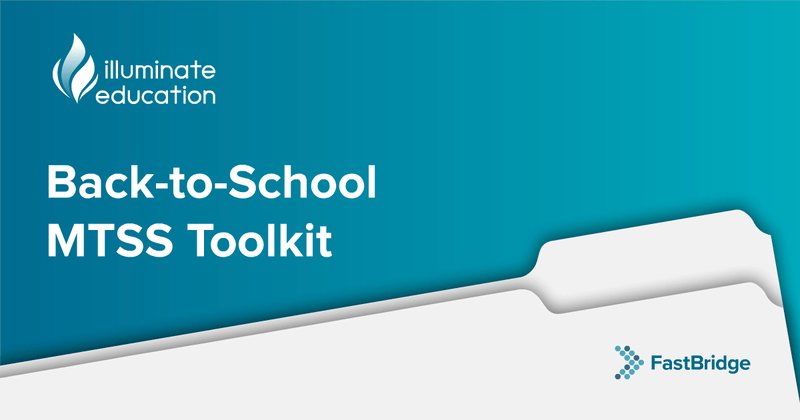By: Rachel Brown, Ph.D., NCSP
Although not all parents (and students) will want information about summer learning resources, some will. It is typical for students in elementary grades to lose some of the skills they developed in the prior school year over the summer. This “summer loss” results when students do not practice what they have learned often enough to keep the skills active. This blog provides information about free resources that parents can access to help their children practice important skills over the summer.
Reading
- Reading Rockets: This website is from the Public Broadcasting System (PBS) and includes information about a number of different types of resources for teachers, students, and parents. The parent page includes ideas for toddlers through third grade.
- Repeated Reading: This is a tried and true reading improvement method. This link provides information about how to use it to develop improved fluency.
- Paired Reading: In this method, the parent and child read together with the parent serving as a model reader for the child. The parent can also correct errors immediately when the child makes them.
- Selecting Books at the Appropriate Level: For all of the activities listed, it is very important that the books used be at a level that the student can read independently. An easy way to find the right books is to have the student read the 100 words of the text out loud to the parent. The right text is one that the student can read 100 words with 5 or less mistakes. If the student makes more than 5 errors, look for a different book.
Math
- Math in Everyday Activities: This article shares information about how to build math skill practice into daily activities as home. Ideas include modeling a positive attitude about math, highlighting the math in tasks such as balancing a checkbook, buying groceries or filling the car with gas, and playing games that require math like YahtzeeTM
- Free Online Math Activities: The website com has a free account option for parents and students to use. There are age-appropriate activities for students in grades 1 through 12. Such practice can be very helpful for keeping math facts fresh over the summer.
- Math Central: This Canadian website has activities in English, French and Spanish covering simple to complex topics. This free website is maintained by the University of Regina and the Pacific Institute for the Mathematical Sciences. It is a tool that could be very helpful for students seeking math enrichment over the summer.
Writing
- Opportunities and Reasons to Write: Identify authentic activities that will allow a child to write at home. Examples include making a shopping list, leaving a note for a family member or writing a short letter or postcard. Postcards can be very effective for writing practice because they are shorter than letters.
- Postcards or Letters from Camp or Travel: If your child will be going to camp or traveling, prepare either postcards or letters with envelopes by putting the addresses for family members on them in advance along with the postage. If the letter and envelope or postcard are already addressed and stamped and the child only needs to write some text and getting them in the mail can be easier and more likely to happen.
- Keeping a Journal: Help your child select a notebook or special “blank book” to use as a summer journal and set aside 10-15 minutes per day for journal writing. Remind the student that the entries do not have to be long and can be about any topic they like. Just the practice of writing every day will keep those skills stronger for the return to school in the fall.
The above ideas and linked resources are easy and low-cost ways that parents can support their children in practicing important academic skills over the summer break. Not all parents and students will welcome such practice, but those students who engage in even small amounts of reading, math, and writing over the summer will return to school better prepared to resume learning in the fall.
Dr. Rachel Brown is FastBridge Learning’s Senior Academic Officer. She previously served as Associate Professor of Educational Psychology at the University of Southern Maine. Her research focuses on effective academic assessment and intervention, including multi-tier systems of support, and she has authored several books on Response to Intervention and MTSS.








